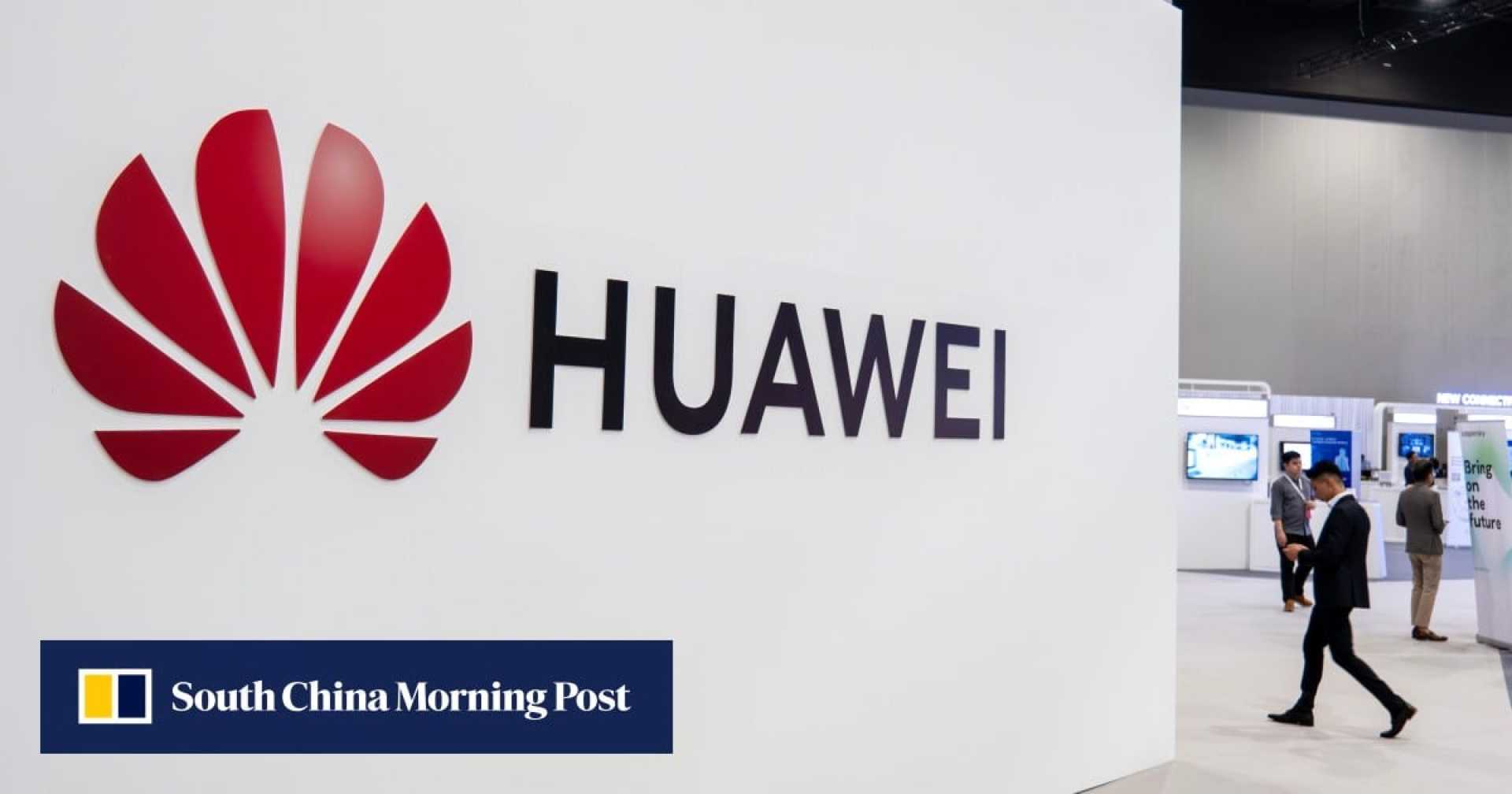Tech
Huawei Launches Open-Source AI Software Flex:ai to Boost Chip Efficiency

SHANGHAI, China – Huawei Technologies introduced its new open-source software, Flex:ai, on Friday, designed to enhance the efficiency of artificial intelligence chips. This move aligns with Chinese efforts to advance their AI training capabilities amid ongoing restrictions on advanced chip technology from the United States.
Flex:ai aims to improve processor utilization rates by up to 30 percent, allowing multiple AI workloads to run simultaneously. This software integrates various processing units from different manufacturers into a single orchestration system, enabling more effective use of existing hardware.
The software is built on Kubernetes, an open-source platform that manages containerized applications, which makes it easier to deploy and scale AI models across different servers. At the launch event held at Huawei’s Lianqiuhu campus, Zhou Yuefeng, vice president of the data storage product line, explained that the system could efficiently allocate GPU and NPU resources while redistributing power to idle processors across a computing cluster.
China’s semiconductor industry has faced significant challenges due to export restrictions from the U.S., particularly relating to the sale of Nvidia‘s advanced GPUs. Huawei has responded by developing its own chips while working on improving the software layers that govern their operation. Dr. Li Wei, a semiconductor analyst in Beijing, noted that Huawei’s past struggles to manufacture chips quickly enough have prompted the company to focus on enhancing existing technology through improved software.
Flex:ai’s release follows a lack of performance efficiency in traditional AI training setups. Zhou stated that tasks often leave a significant portion of each GPU’s capacity underutilized. By allowing the software to segment a GPU into multiple virtual units, Flex:ai enables better management of these resources.
The software will officially transition to an open-source model on December 31, allowing developers to contribute improvements directly. An anonymous Shenzhen-based engineer explained that this strategy is key in accelerating the software’s development and addressing bugs more swiftly than before.
The success of Flex:ai will heavily depend on its adoption by major Chinese tech firms like Baidu, Alibaba, Tencent, and ByteDance. As the software becomes available, its impact on efficiency and the response from U.S. regulators will be closely monitored.
During the launch, Zhou emphasized the importance of adaptable computing, asserting, “The future of computing is not just about the strongest chip, but the smartest cluster.”












